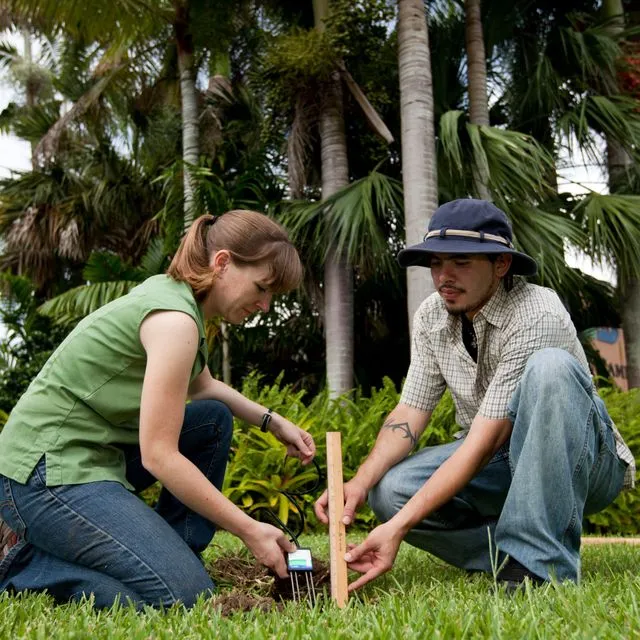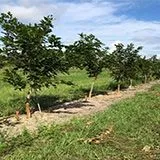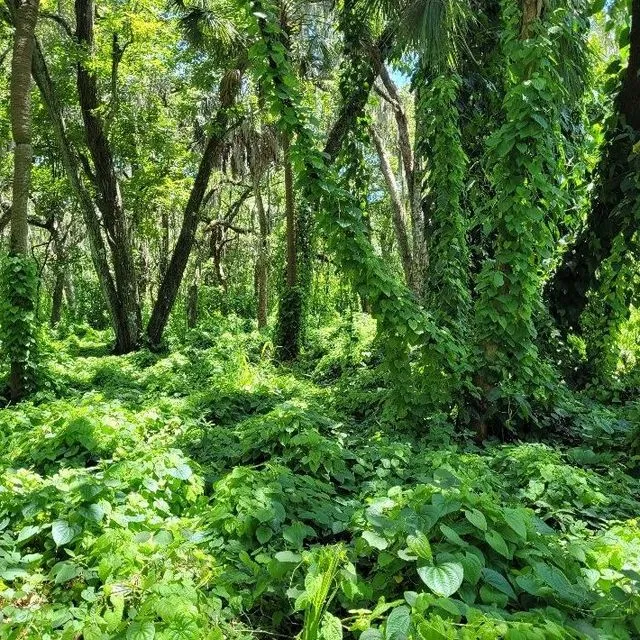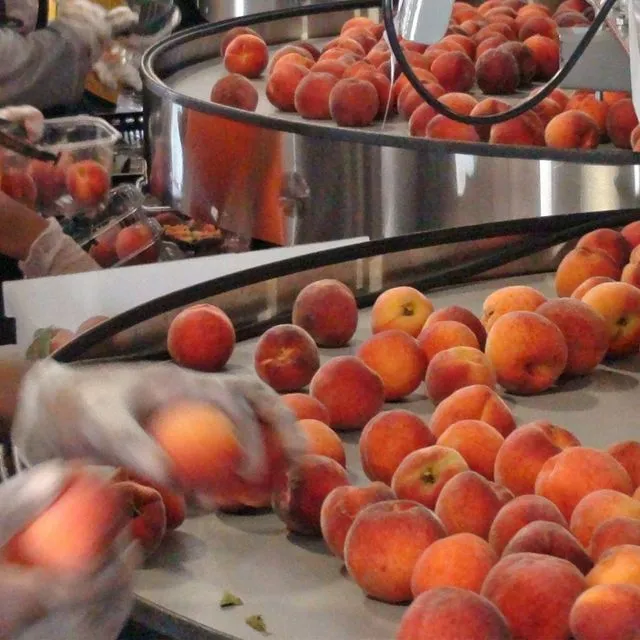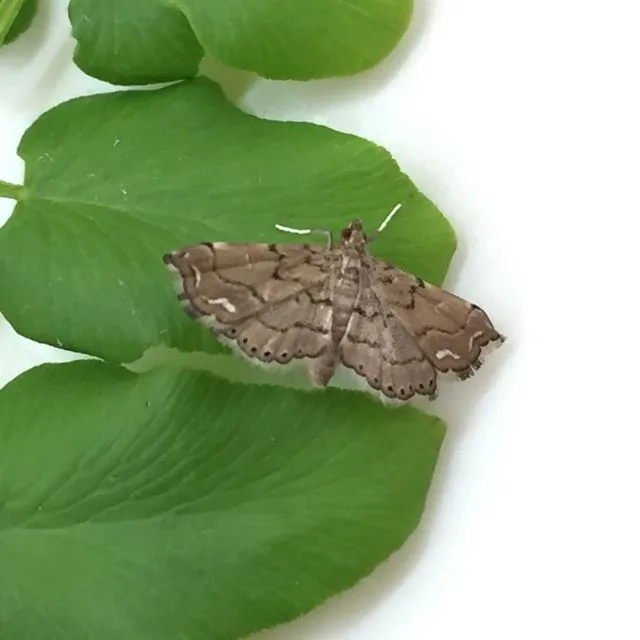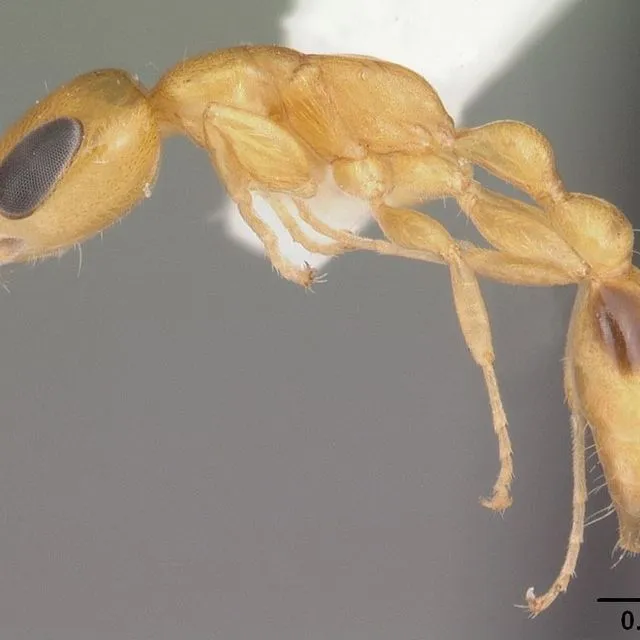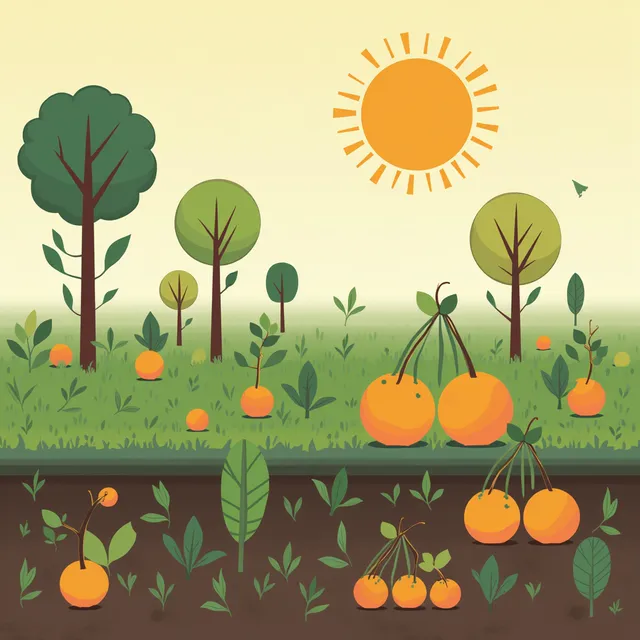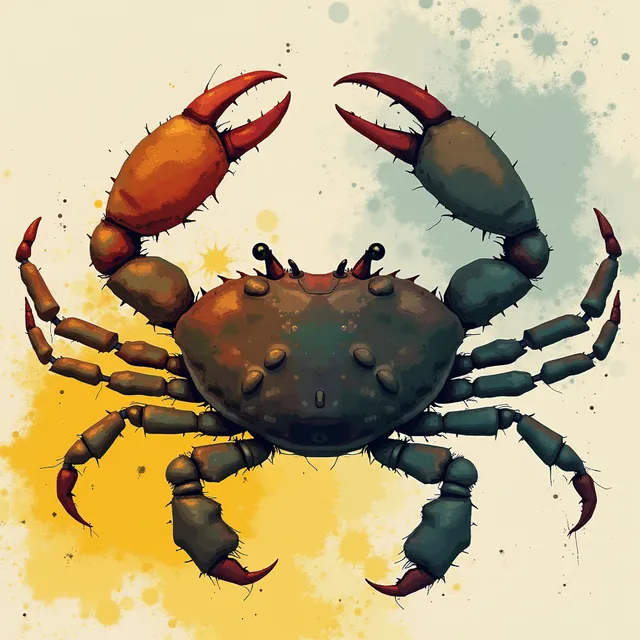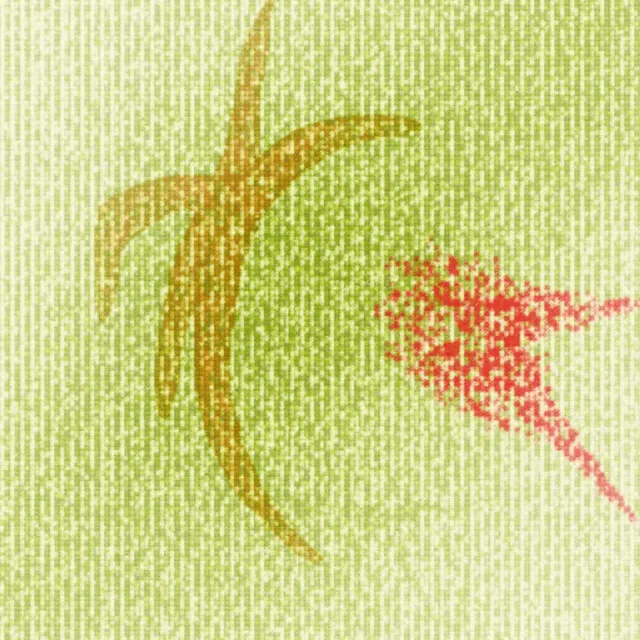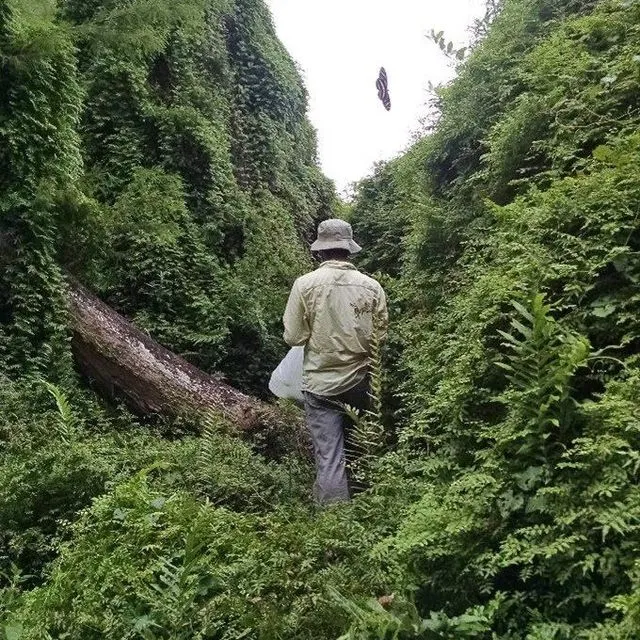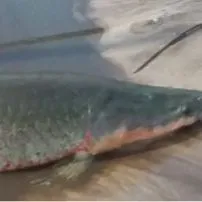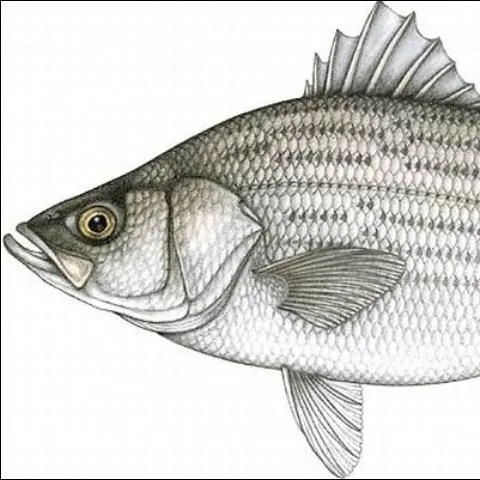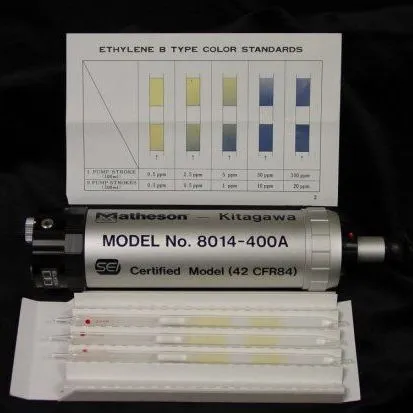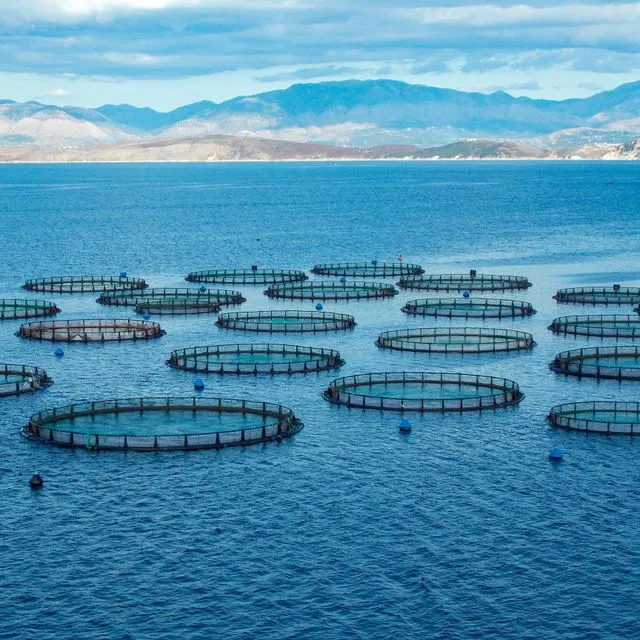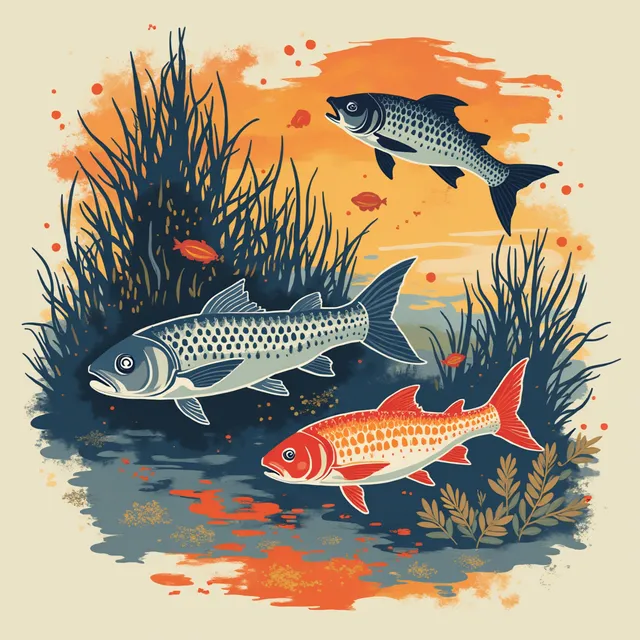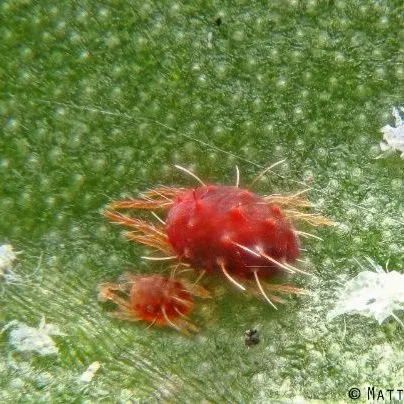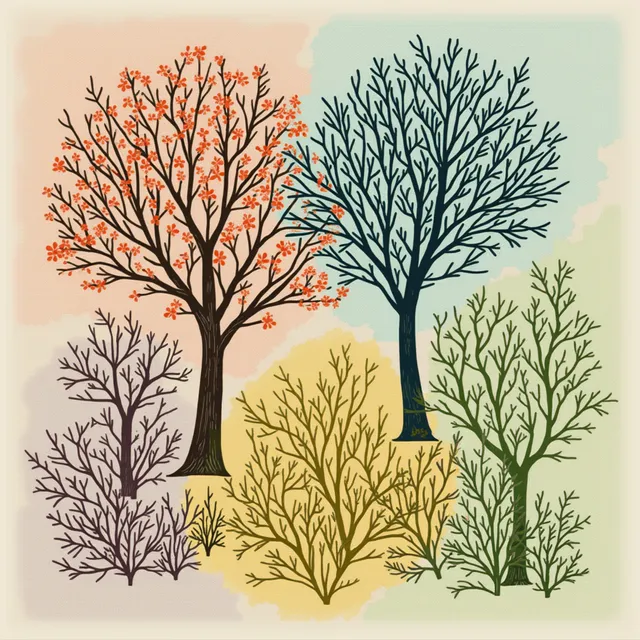Indian River REC
The UF/IFAS Indian River Research and Education Center, or IRREC in Fort Pierce, is one of the 13 IFAS research and education centers. IRREC is known internationally for cutting-edge research and a high quality educational program and provides regional leadership to agriculturalists with research and extension programs. Specific research areas include: water and nutrient management for citrus and flatwoods soils; epidemiology and control of leaf and fruit diseases of citrus; evaluation of citrus and vegetable cultivars in Florida; utilization of soil amendments; micro-irrigation of horticultural crops in humid regions; leadership in citrus, vegetable and water management state extension programs on the east coast of Florida; economic production of agricultural products; post-harvest handling and packing of agricultural products; biological control of invasive plants and aquaculture.
Editorial Team
- rdcave - Chair, Approver
New and Revised Publications
The UF/IFAS Indian River Research and Education Center, or IRREC in Fort Pierce, is one of the 13 IFAS research and education centers. IRREC is known internationally for cutting-edge research and a high quality educational program and provides regional leadership to agriculturalists with research and extension programs. Specific research areas include: water and nutrient management for citrus and flatwoods soils; epidemiology and control of leaf and fruit diseases of citrus; evaluation of citrus and vegetable cultivars in Florida; utilization of soil amendments; micro-irrigation of horticultural crops in humid regions; leadership in citrus, vegetable and water management state extension programs on the east coast of Florida; economic production of agricultural products; post-harvest handling and packing of agricultural products; biological control of invasive plants and aquaculture.
Editorial Team
- rdcave - Chair, Approver
New and Revised Publications
Showing 37 of 37 Publications
Showing of 22 Experts
